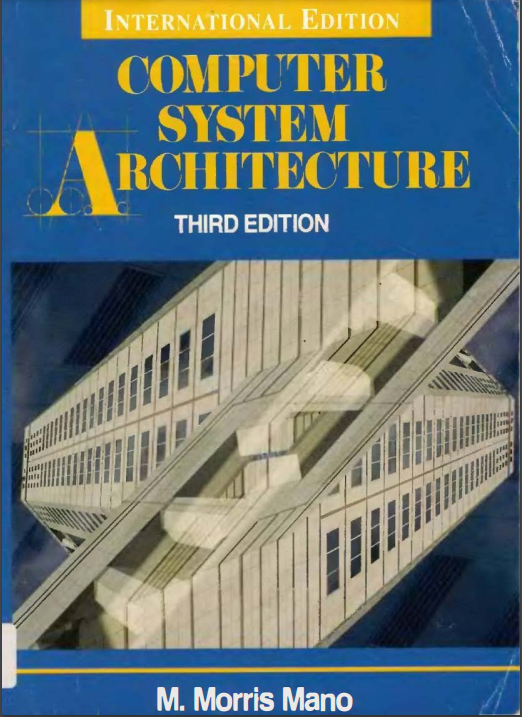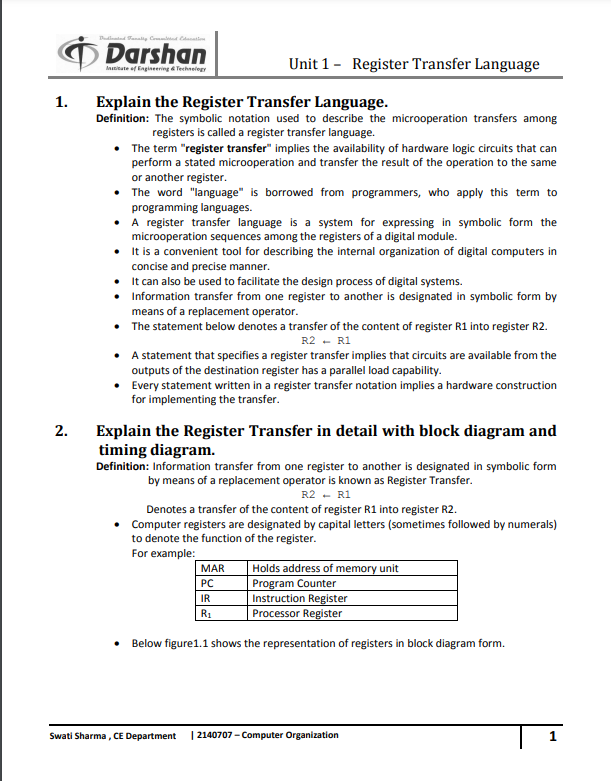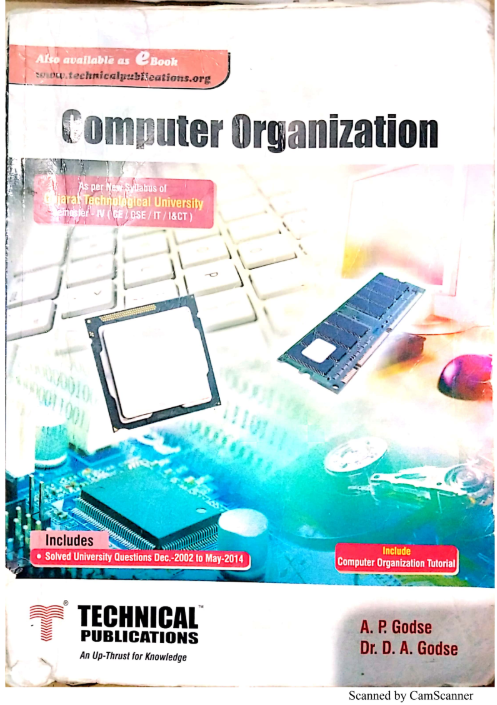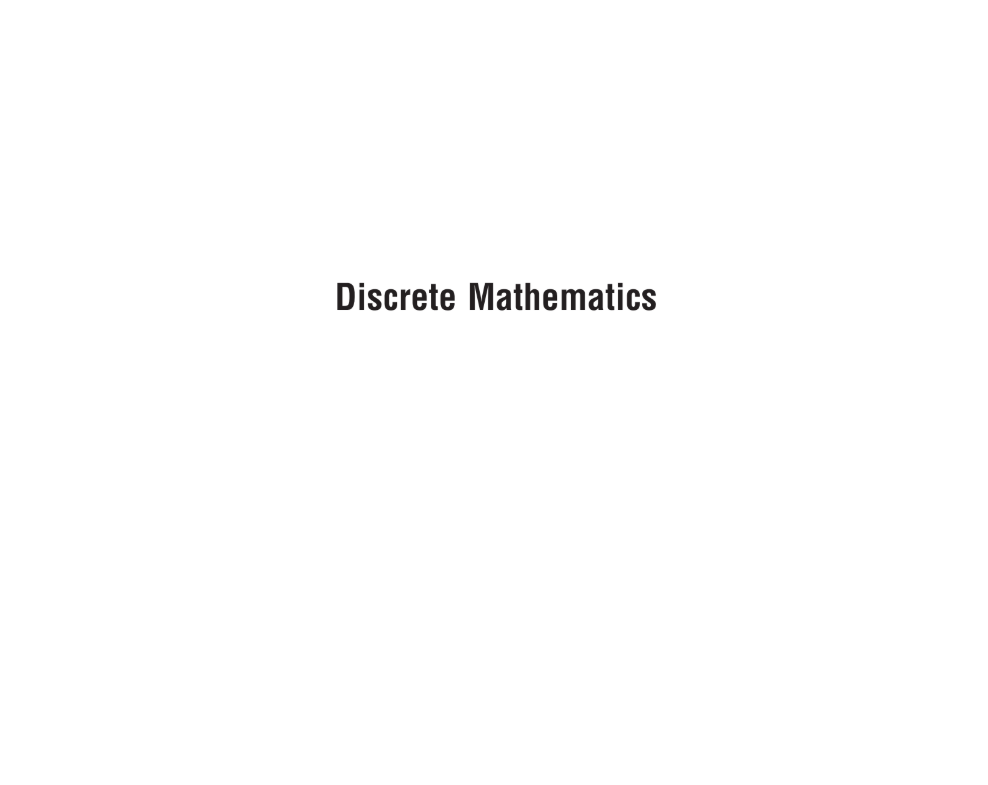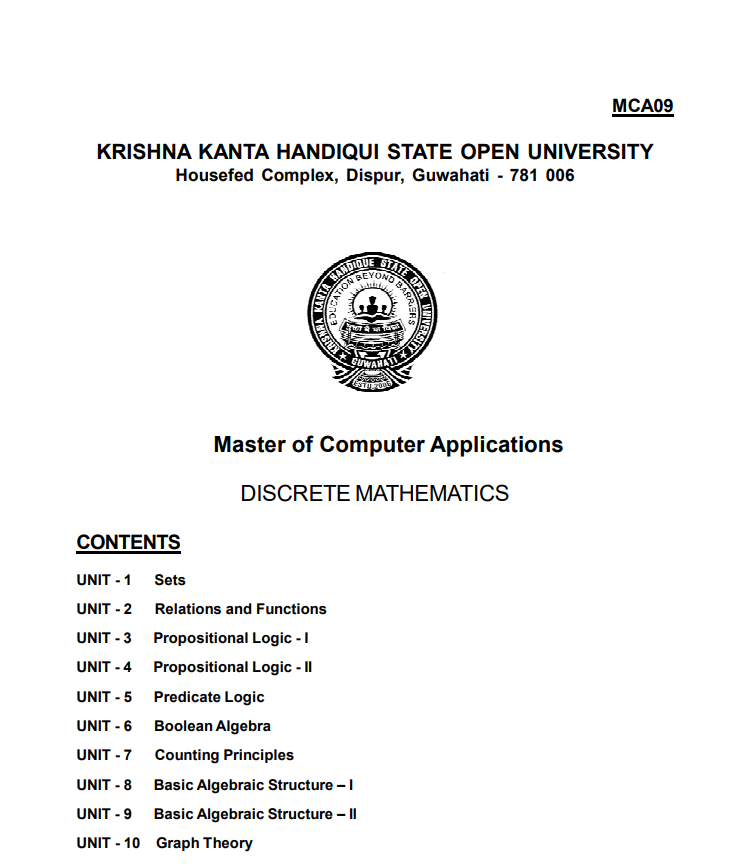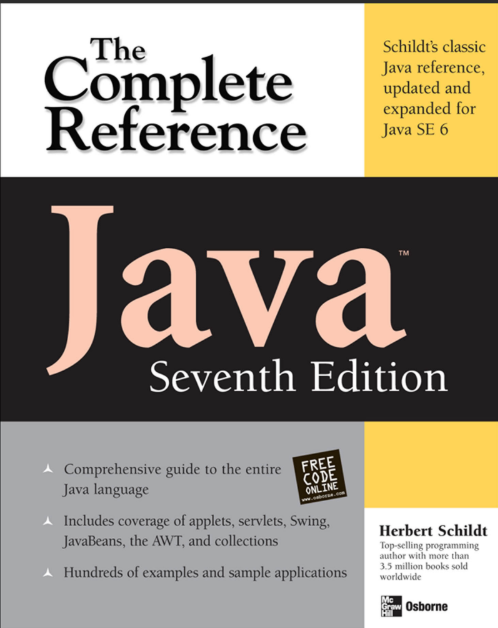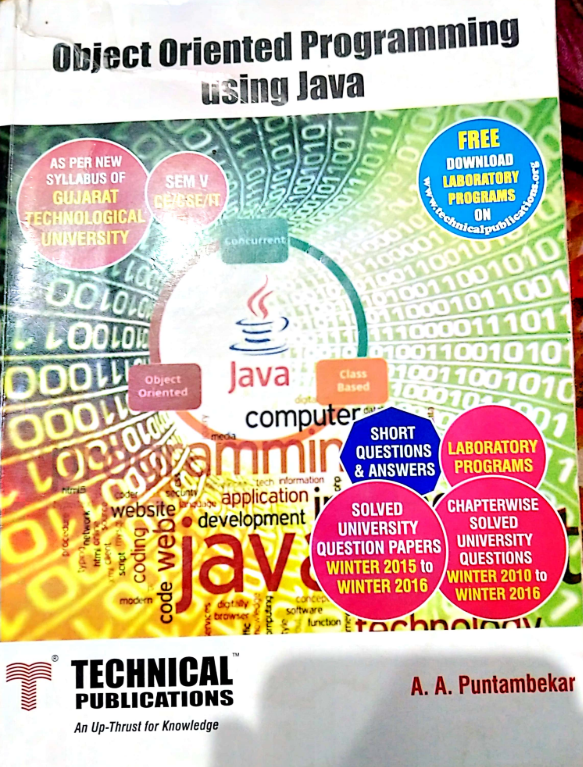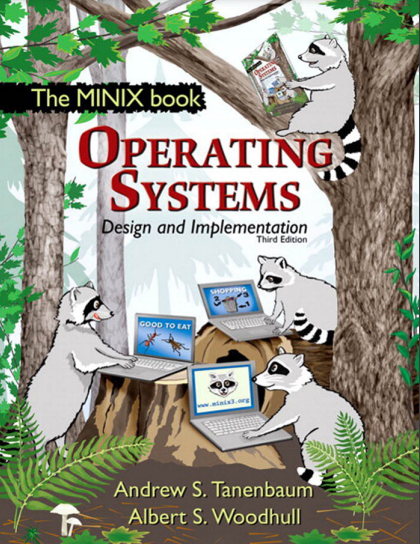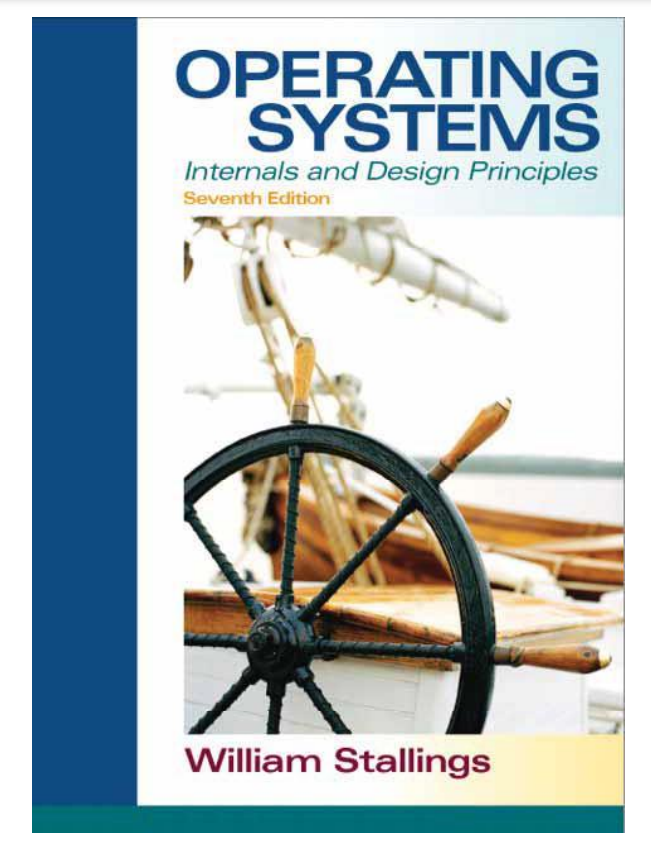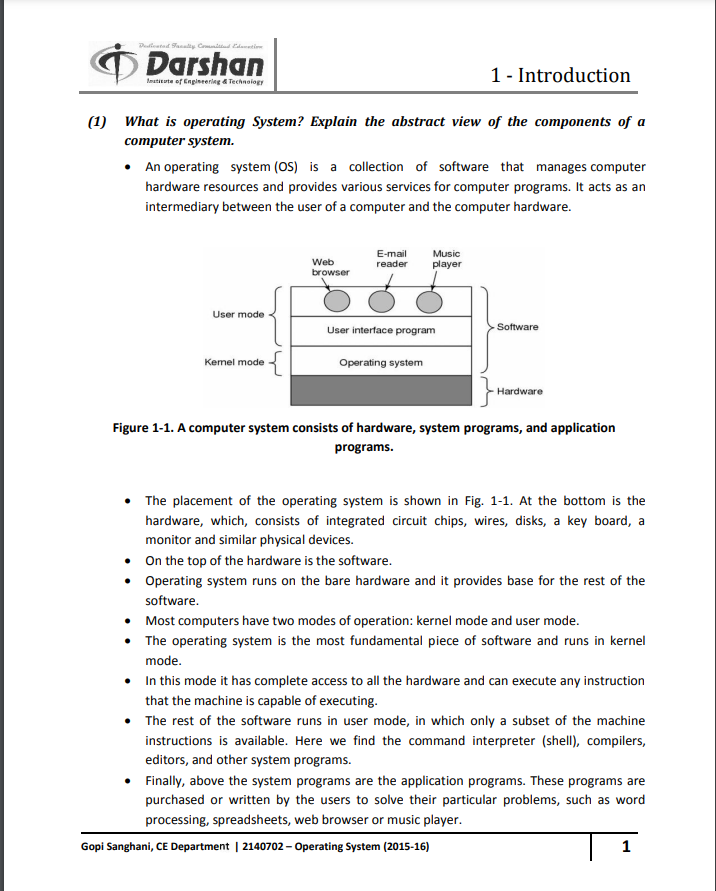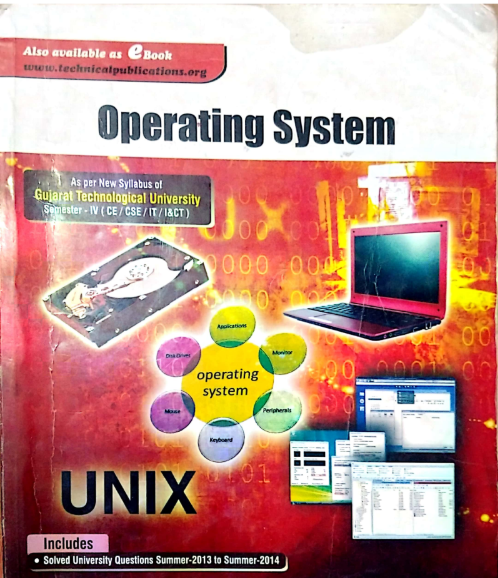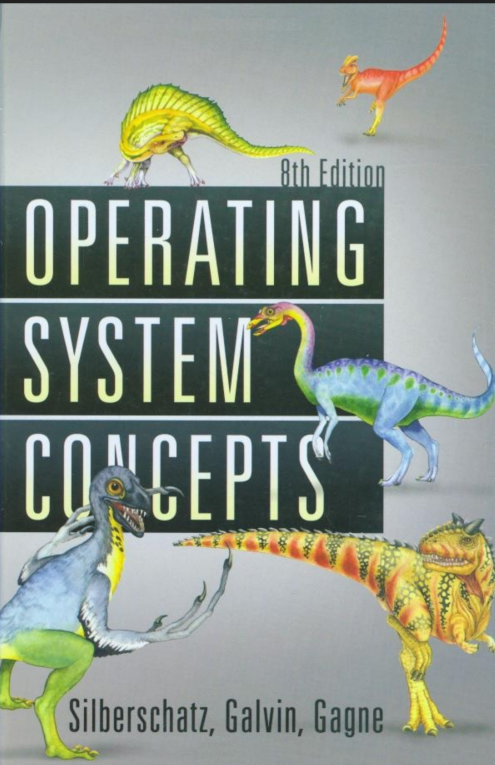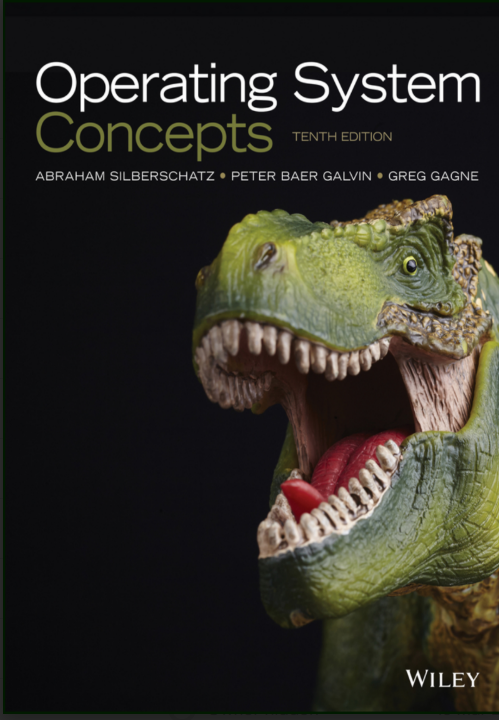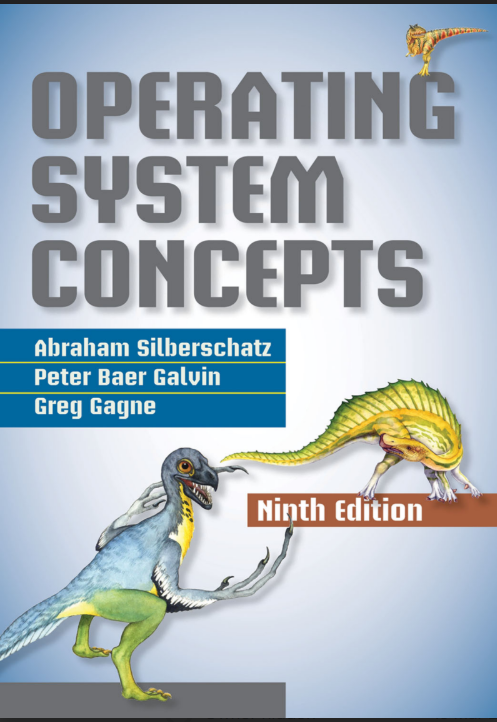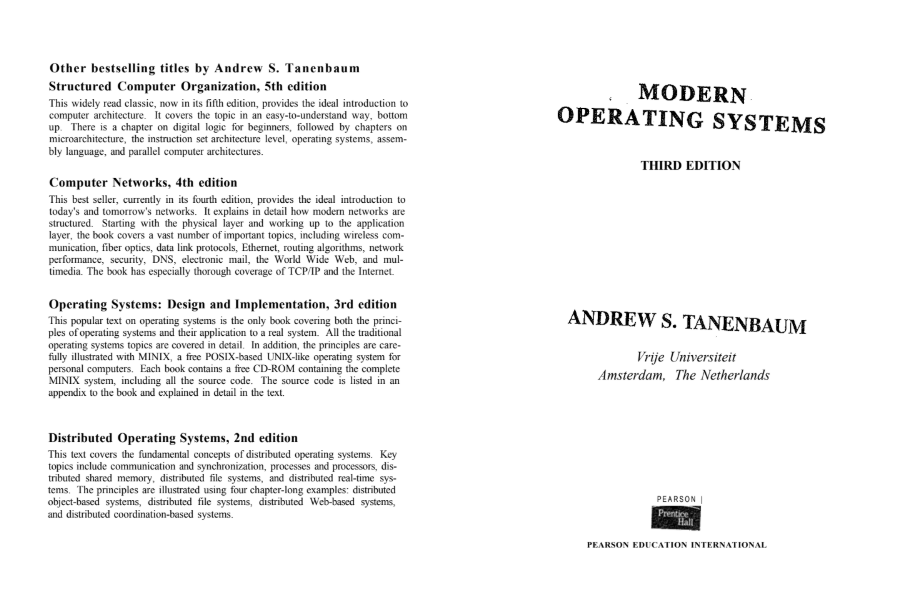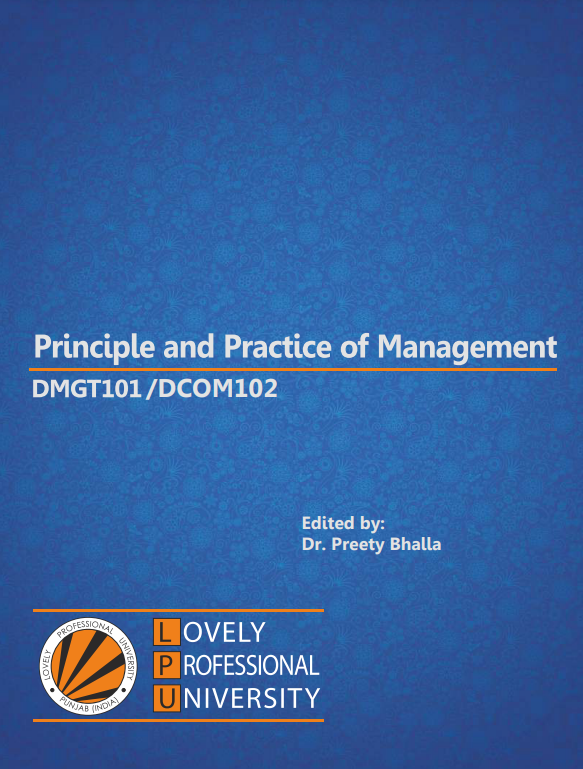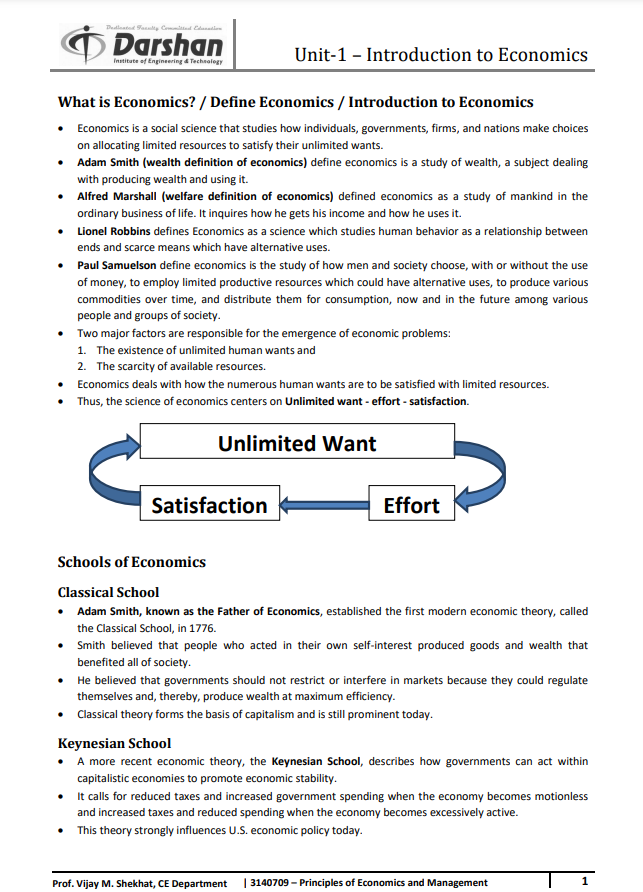COMPUTR ENGINEERING SEM 4 MATERIAL AND BOOKS
COA(Computer Organization & Architecture)
DISCREATE MATHS
OOP( Object Oriented Programming -I)
0S( Operating System)
PEM( Principles of Economics and Management)
If you have new material, you can upload it
GTU Computer Engineering Sem 4 Material and Books
The Gujarat Technological University (GTU) curriculum for Computer Engineering Sem 4 material is crafted to build technical proficiency and practical understanding in diverse subjects. To excel, students must have access to high-quality materials and books tailored to their syllabus. This article offers an in-depth guide to study resources, actionable tips, and a curated list of books for each subject.
Key Subjects in GTU Computer Engineering Sem 4 material
GTU Semester 4 includes the following core subjects:
- Design Engineering
- Operating System
- Object-Oriented Programming – I
- Computer Organization & Architecture
- Discrete Mathematics
- Principles of Economics and Management
Let’s explore the best study materials and books for each subject in detail.
Recommended Books and Materials
- Design Engineering
- “Design Thinking” by Gavin Ambrose and Paul Harris book explains the fundamentals of design thinking with practical examples.
- “Engineering Design” by George Dieter and Linda Schmidt focuses on systematic engineering design methodologies.
- Operating System
- “Operating System Concepts” by Abraham Silberschatz covers essential topics like process management, memory management, and file systems.
- “Modern Operating Systems” by Andrew S. Tanenbaum offers practical insights into operating system architecture with real-world examples.
- Object-Oriented Programming – I
- “Java: The Complete Reference” by Herbert SchildtA comprehensive guide to Java programming for beginners and advanced learners.
- “Object-Oriented Programming with C++” by E. BalagurusamySimplifies the concepts of object-oriented programming with examples and exercises.
- Computer Organization & Architecture
- “Computer Organization and Design” by David A. Patterson and John L. Hennessy explains computer architecture fundamentals with practical applications.
- “Computer System Architecture” by M. Morris Manoa is a classic textbook for understanding processor design, memory hierarchy, and more.
- Discrete Mathematics
- “Discrete Mathematics and Its Applications” by Kenneth H. Rosen is a widely recommended book for mathematical logic, sets, and graph theory.
- “Discrete Mathematical Structures” by Kolman, Busby, and Ross provides a structured approach to discrete mathematics with illustrative examples.
- Principles of Economics and Management
- “Principles of Economics” by N. Gregory Mankiw covers microeconomics and macroeconomics fundamentals in an easy-to-understand manner.
- “Essentials of Management” by Harold Koontz and Heinz focuses on management theories, principles, and practices with practical examples.
Actionable Tips for Effective Study
- Organize Your Schedule: Allocate dedicated time for each subject based on its complexity and your proficiency.
- Blend Theory with Practice: Solve practical problems and write code for programming subjects like Object-Oriented Programming – I.
- Use Online Platforms: Utilize resources like Darshan Material NPTEL, Coursera, and YouTube for supplementary learning.
- Study in Groups: Collaborate with peers for better understanding and diverse perspectives.
- Refer to Previous Year Papers: Familiarize yourself with GTU exam patterns and commonly asked questions.
Disclaimer
This article includes curated recommendations based on GTU Semester 4 syllabus. Some information has been sourced from other publicly available websites to ensure comprehensiveness and accuracy. We do not claim ownership of external content and encourage users to cross-verify with official GTU materials.
By following this guide and leveraging the recommended resources, GTU Computer Engineering students can confidently tackle Semester 4’s challenges. Remember, consistent effort, disciplined study habits, and the right materials are your keys to success.

